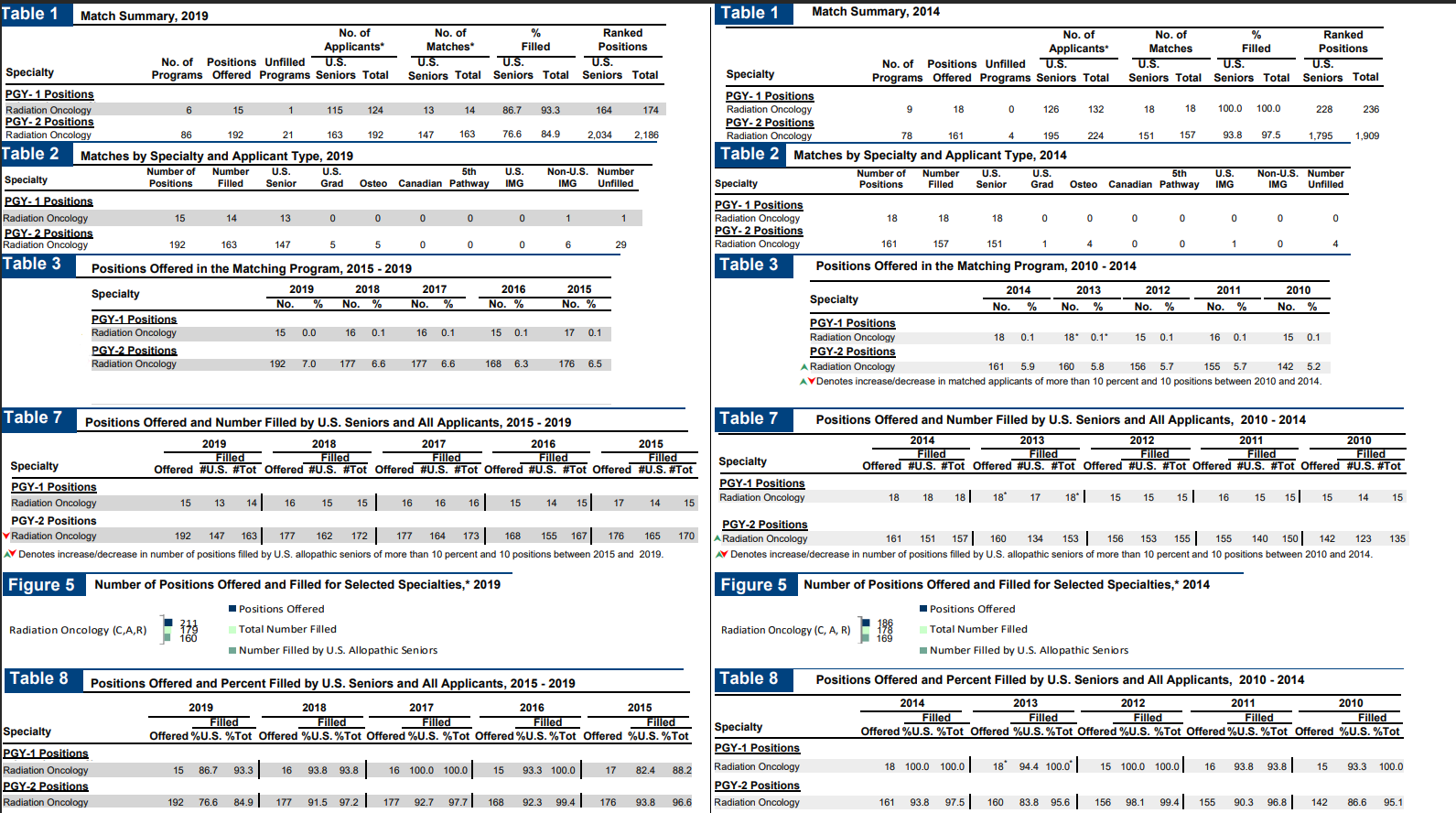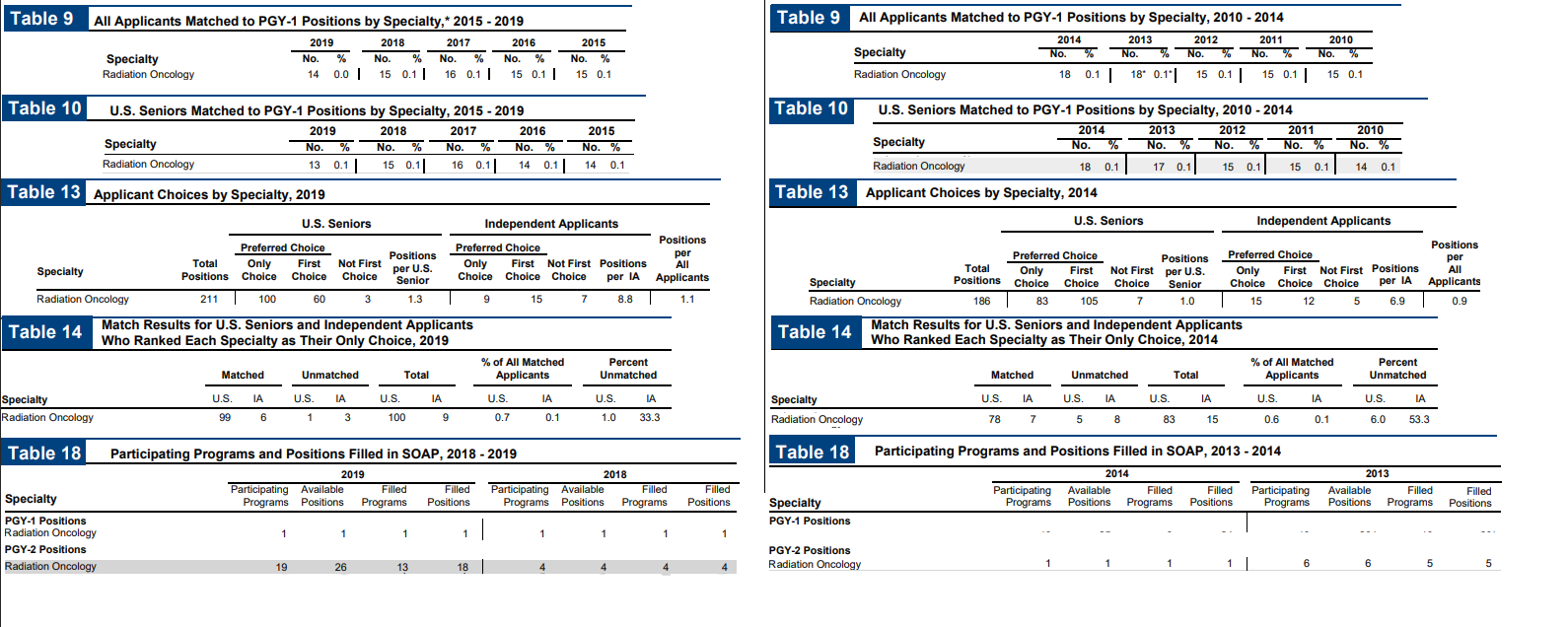This sort of goes along with SDN's general feelings re: the radbio/physics exams, but there needs to be an increasing acknowledgement in our specialty that we're approaching (or have surpassed) a time where memorizing trivia is not very important. With smartphones and the internet, I can access virtually the sum total of human knowledge regarding radiation therapy, and can access practicing experts within a matter of hours (either through a personal network, the Mednet, email, phone call, etc).
We're simultaneously very similar and dissimilar to surgeons. With surgeons, a wrong cut can almost instantly kill a person, and muscle memory/practical experience is very important. With us, a wrong contour can simply be erased and corrected. It can edited and refined quickly and easily until the physician is satisfied.
I think being trained at a place where the curtain is pulled back and the WHY of things is explained, not just the HOW, is among the most important skills. If you understand why something is done, you can translate that knowledge to a situation that you've never seen before. If you log 500 cases during residency, but are intimately involved in the treatment planning of every case, you are better trained than someone who logs 1000 cases by just drawing a GTV and handing it off to a crack team of dosimetrists, then the next thing you know the patient is on-beam.
Instead of taking radbio/physics exams, I would much rather have a "practical" exam during residency where we're given rare cases to treat which few people have ever seen, but are allowed to access any and all resources we know about. The resident would then be graded on how effectively they used resources and their decision making process along the way.
I might be totally crazy, I know.
But to bring it back to what we're talking about...raw case numbers are more important for surgeons than RadOnc (obviously...you need to see hundreds of cases, lol), but look for environments where you're involved in all aspects of treating a patient with radiation.


